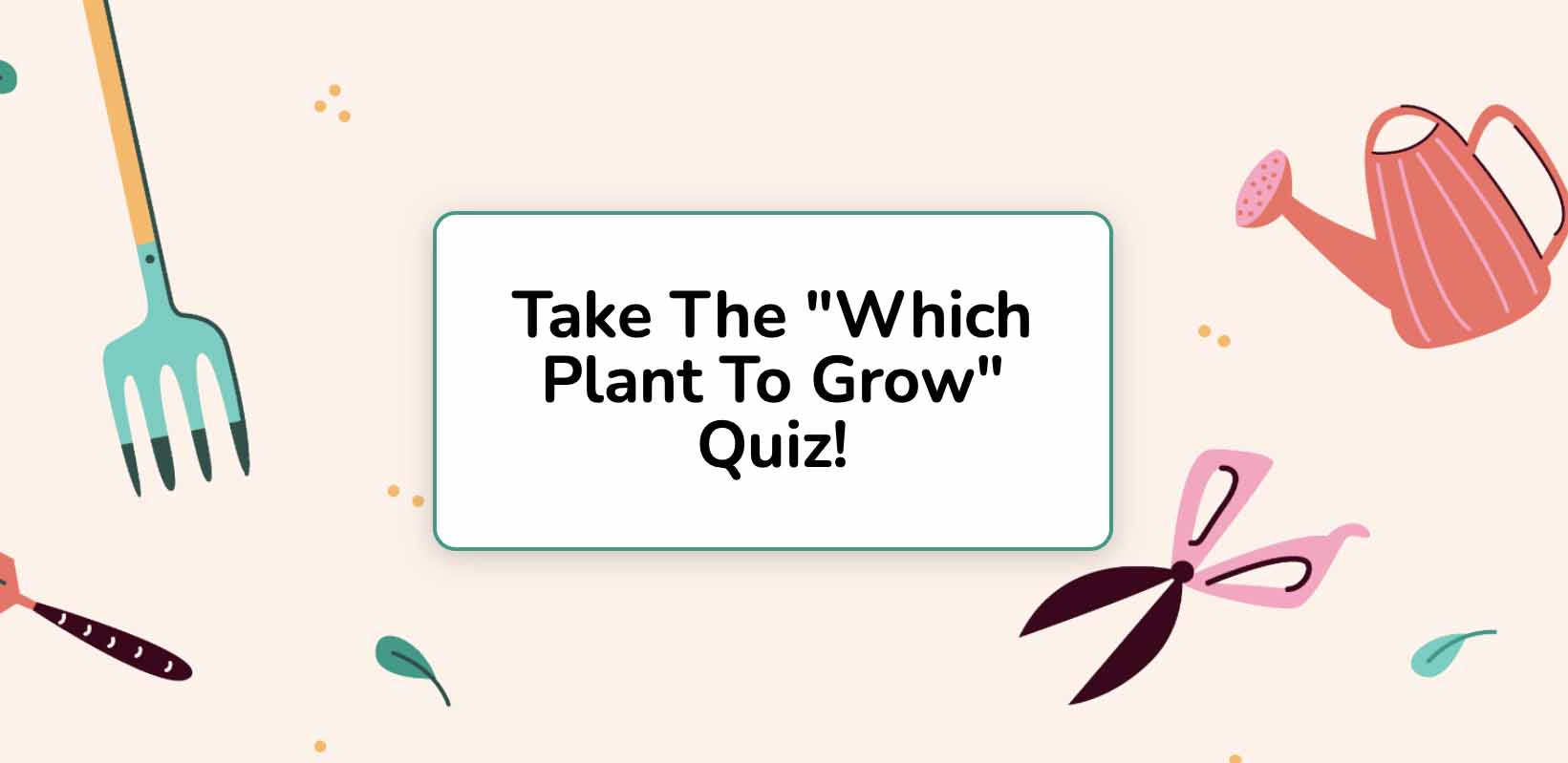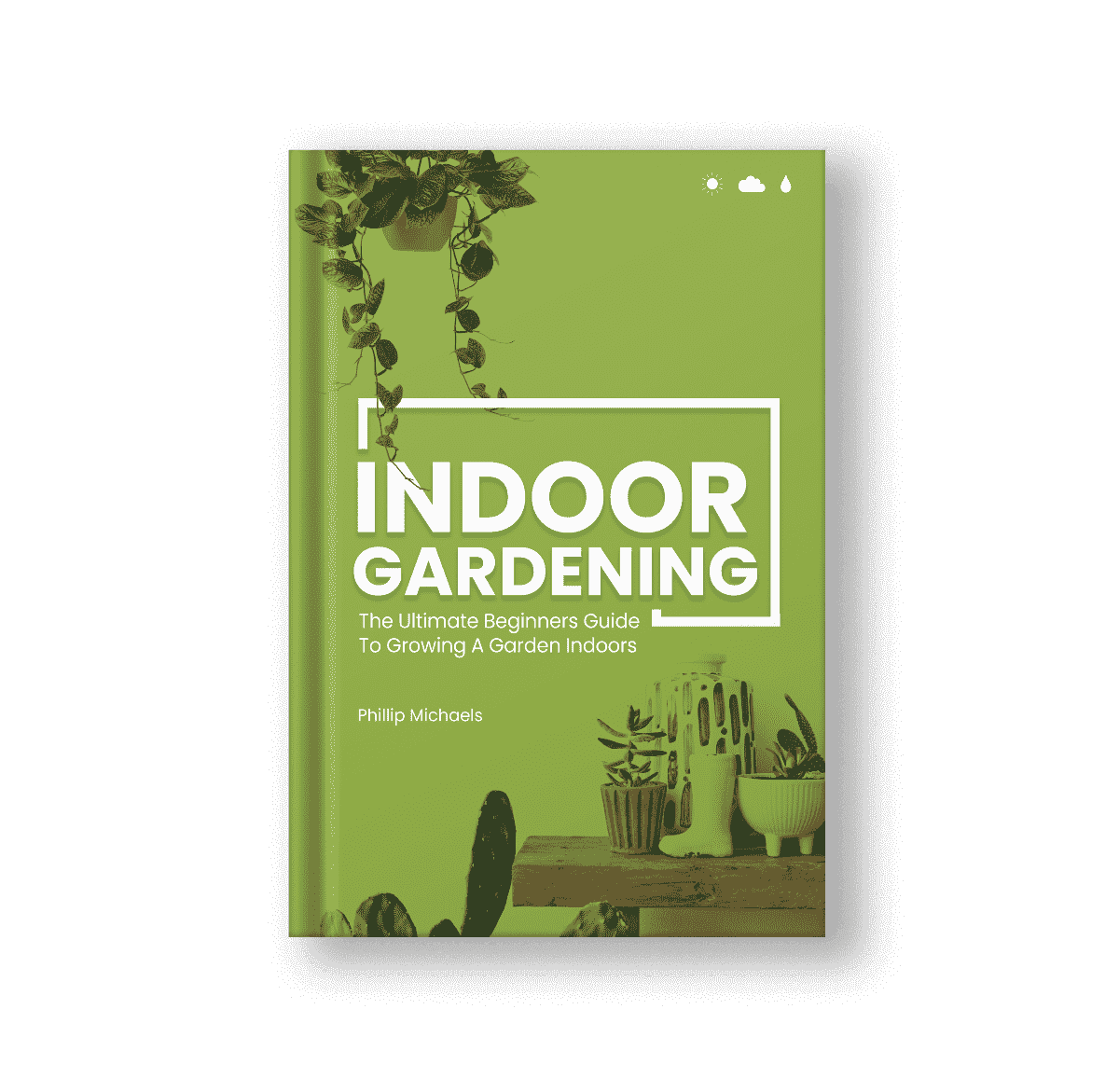Growing indoor fruits and vegetables is a dream for many, but one that is often perceived as difficult. While they certainly are more care intensive than herbs, there’s no reason you can’t enjoy fresh fruits and vegetables year round. Today we’ll look at a rather unique fruit, the eggplant, and learn how you can start growing it indoors.
Choosing to grow eggplants in your garden is a great plant to expand your garden, both indoors and out. These plants bear small to medium-sized fruits and grow relatively well in containers and raised beds; thus, making them an excellent plant to harvest in your indoor garden.
Rich in dietary fiber, vitamin B1, and copper, not only are eggplants highly nutritious, but they also make for the perfect grilled dish that works great as a side. So, read on to learn out tips for growing eggplants indoors.
Eggplant Overview
- Eggplants need a good deal of space to grow, make sure to provide them with a properly sized container.
- Eggplants are very high light plants and will often need a grow light when grown indoors.
- They take roughly 70 days from planting to harvest, although this may be a bit slower for indoor plants.
- A single plant can be harvested multiple times a season. Make sure to do so or your plant will likely put its energy into growing larger fruits over more of them.
- There are several varieties, look for “compact” as these will take up less space and be easier to grow indoors.
Soil and Container For Your Eggplants
Eggplants are mostly warm-seasoned plants and grow best in sunny and well-drained conditions. Although raised beds that are treated with high-quality fertilizer are generally more preferred, eggplants grow relatively well in containers too.
For container size, look to get one that is around 14 inches deep at least. This will provide room for one plant. If you want to grow more, it’s usually best to purchase multiple containers rather than try to squeeze multiple into a single container. Our tip pick, once again, is terra cotta. This material is durable, helps prevent overwatering, and is fairly cheap.
In terms of soil, use a well draining potting soil. Don’t go with a garden soil if you’re growing in containers as it won’t have the correct drainage for potting use. Most off the shelf potting soils will work fine, and will come with enough nutrients out of the bag for a few months.
Planting and Providing Care for Your Eggplants
Since eggplant is predominantly a summer-thriving plant, people living in colder climates should take care of the temperature around the plant. Most temperatures indoors are perfectly, fine, but you may want to increase it a bit if germinating from seeds. You also want to make sure to keep the plant away from any drafts during winter, or air condition vents during the summer. The temperate change in these areas can add undue stress to the plant.
Generally speaking, eggplants grow into tall and angular plants. Therefore, it makes sense to space them between 24 and 36 inches apart. While setting the saplings in containers, make sure you add at least 2 inches of soil to give them room to grow. As mentioned above, you’ll want to keep it to one plant per container unless you have unusually large containers.
At this stage you should also look to stake your eggplants. This will support them as they grow larger and prevent them from toppling over once they bear fruit.
Lighting
Like most veggies, eggplants thrive in bright light conditions. You’ll want to give them 10-12 hours of bright light for best results. If this isn’t possible, using grow lights is another good option. Place these roughly 18-24 inches away from the plant, and allow them to shine on the plant for a bit longer than you would natural light. During the winter months, using grow lights is typically a necessity in all but the most tropical of regions.
Lighting is generally the hardest thing to achieve for indoor eggplants. Most homes won’t get the necessary lighting without grow lights. If you plan to grow eggplants indoors you should plan on investing in a good set of grow lights.
Watering, Pollinating, and fertilizing
For watering, eggplants like to have moist soil but not drenched. You should aim to keep the soil a bit moist at all times. This generally means watering every few days. Check if the top 2-3” of the soil is dry, and if so water. When watering, do so until you begin to see water leak out of the drainage holes. This is a good sign that the soil is full, and any excess water will be wasted.
Eggplants are self pollenating, but can use a little help when indoors. Simple take a cotton swamp or small brush and gently brush the flowers. This will simulate insects and ensure your plant is properly pollenated. If given any outdoor time, then you can skip this step.
For fertilizing, look to do about once per month during the spring/summer growing season. You can use a balanced, water soluble fertilizer, or a vegetable specific one. You won’t need to fertilize during the winter as the plant will likely be dormant and grow slowly if at all.
Harvesting and Storing Your Eggplants
Your eggplants will be ready to harvest in roughly 8-14 weeks depending on growing conditions. Ones grown indoors are likely to take a bit longer than those outdoors, so bear that in mind when planning your harvest. Don’t be surprised if it takes a few extra weeks for your indoor grown eggplants to be ripe.
You want to wait until the fruits are a few inches in length and have a shiny, un-wrinkled texture. If you see a bit of yellowing this is a sign that they are ripe. Harvest now or they will continue to yellow and go bad.
While harvesting, always do so using pruning shears as opposed to plucking or tugging at them by hand. This prevents any damage to the plant, and lets it continue to grow. Once harvested, you can rinse them clean, pat them dry, and refrigerate them for several days.
Harvesting is an important part of growth, and doing so will stimulate new growth. Eggplants will tend continue to grow in size if not harvested, and eventually will begin to turn bitter. Harvesting will encourage new growths; a single plant will generally produce several harvests over a single season.
Eggplant Pests
Eggplants grown indoors are typically not a big target for pests. However, it is still possible to have issues with pests, namely aphids.
Aphids are small bugs that often times hide on the underside of leaves making them difficult to find. It’s a good practice to give your plant a full check every couple of days to catch any issues early. This is especially true if move your plant outdoors during the day as this is when they’re most likely to be targeted.
If you do notice aphids, or any other pests, we’ve put together a guide on natural pest control techniques. These are natural ways to deal with the pests that won’t harm your plant.
Growing Eggplants Indoors
Eggplants can be a bit of challenge, but it’s well worth the effort. They’re delicious and certainly a talking point for guests. If you have any questions we’re happy to answer them!
Get eggplant seeds to grow your very own!
Growing Eggplants Indoors FAQ
Are Eggplants Hard To Grow?
With proper planning no. Eggplants need a good deal of sun and space, but outside of this their typical care is fairly easy.
Do Eggplants Need Full Sun?
Yes, eggplants are a high light plant and need this to grow. Provide them a bright, sunny Location, and look to supplement with a grow light as needed.
When Do You Plant Eggplants?
Eggplants are a warmer weather plant so are best plant in mid-spring after any frost has passed. If grown indoors, you can plant at anytime, but keep the local temperature in mind. Eggplants will not grow well in cooler locations.







